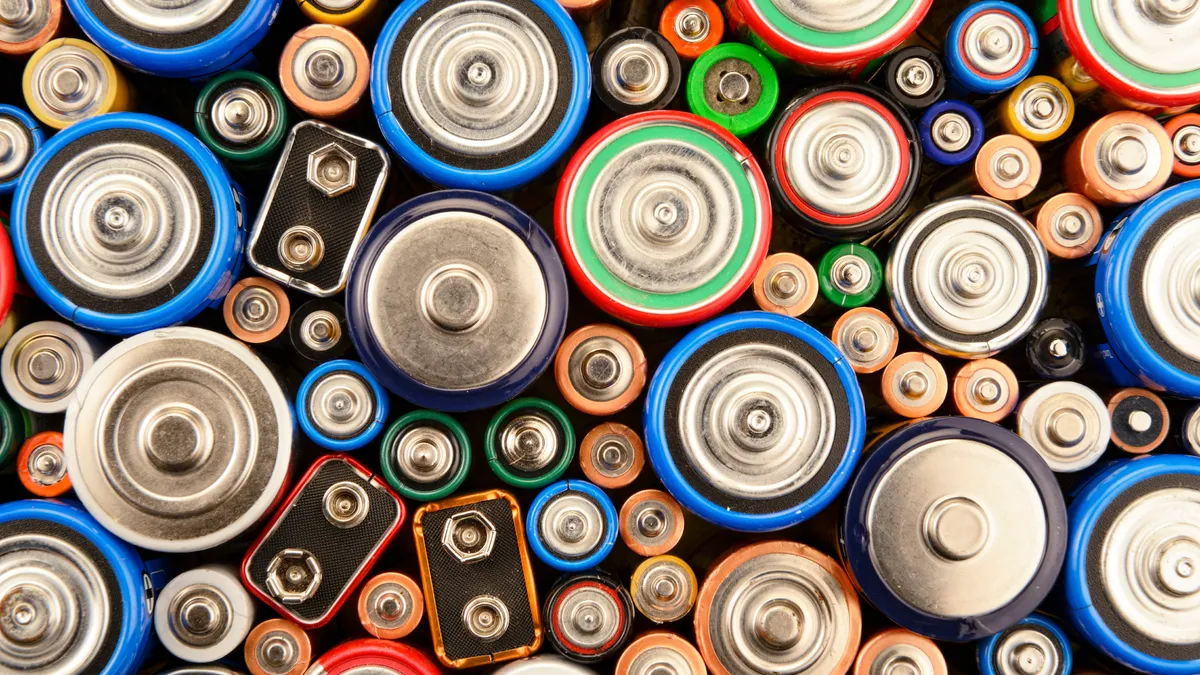Dive Brief:
- Call2Recycle, a North American consumer battery stewardship organization, has announced a 22% increase in collections compared to the same period last year. So far, the nonprofit has collected 7.3 million pounds of single-use and rechargeable batteries.
- A new extended producer responsibility law in Vermont is responsible for part of this growth. More than 54,000 pounds of batteries have been collected in the state this year, up from 39,800 collected during all of 2015.
- Since it launched in 1994, Call2Recycle has diverted more than 115 million pounds of material from landfills. The organization has set a goal of collecting 20% of single-use batteries sold by 2020.
Dive Insight:
The Vermont program is the first in the country to focus on single-use batteries and Call2Recycle has been a key part of making it a success. The organization was already handling rechargeable batteries in the state and was selected to expand its efforts at a large network of collection sites throughout the state. A key part of this plan has also involved working with top battery manufacturers.
More detailed numbers show that Call2Recycle posted increases outside of Vermont as well. Collections in Canada were up 24%—mainly boosted by Quebec, Manitoba, and British Columbia—and U.S. retail collections were up 17%. These efforts have been aided by a new partnership with Battery Solutions, which is now sorting material collected by Call2Recycle using an automated system dubbed as the only operation of its kind in North America.
Call2Recycle has been a leader in promoting the proper disposal of hard-to-recycle items, and has also been a strong supporter of embracing the circular economy. In a recent piece for Waste Dive, Call2Recycle wrote, "Behind the word 'recycling' lie myriad issues that present an important challenge to organizations that have a stake in the responsible management of the end-of-life products. From adopting different metrics to measuring the success of recycling programs to an increasing demand for tailored solutions, recycling should not be looked at in a vacuum but as part of a larger system where costs and the release of greenhouse gases and toxics, among others, inhabit."















